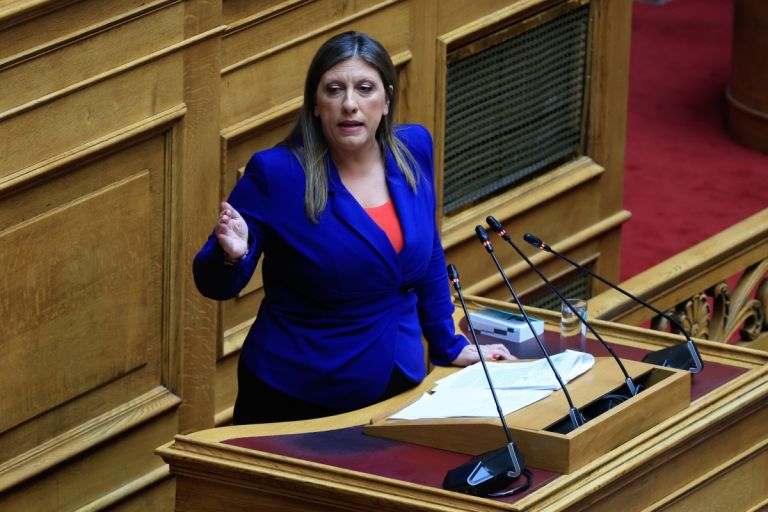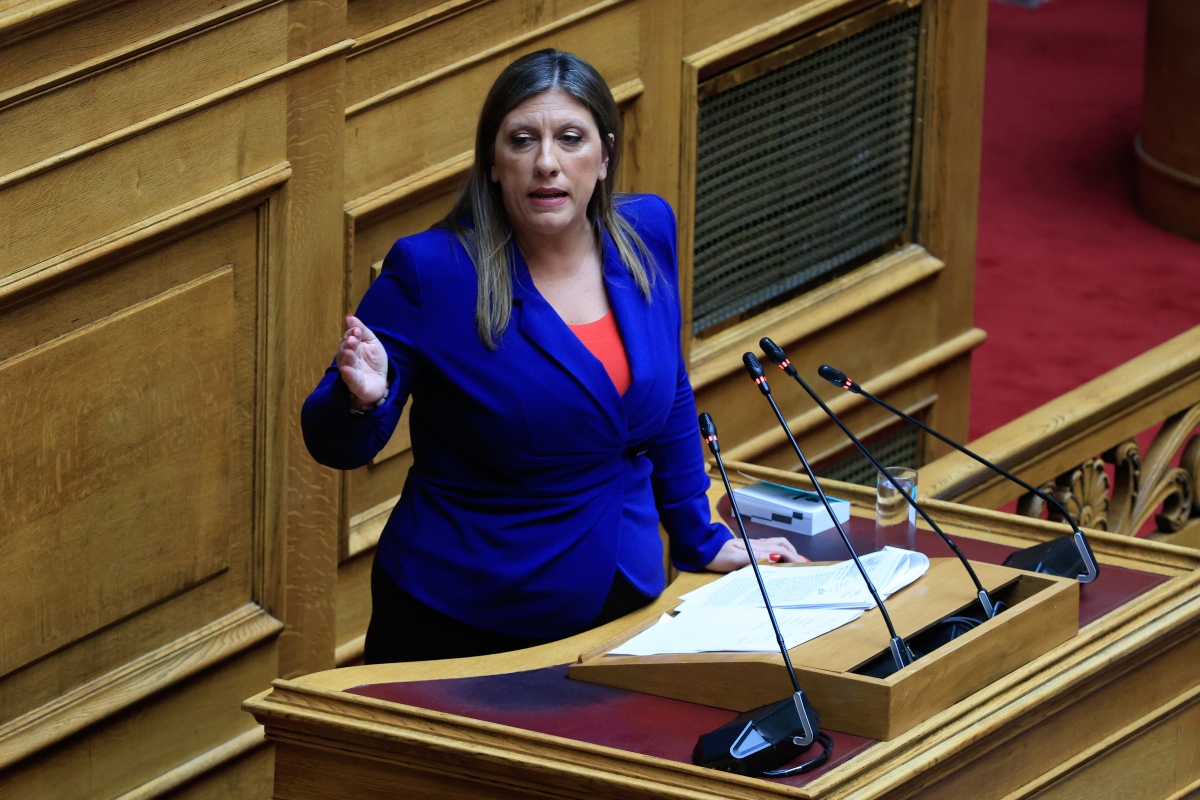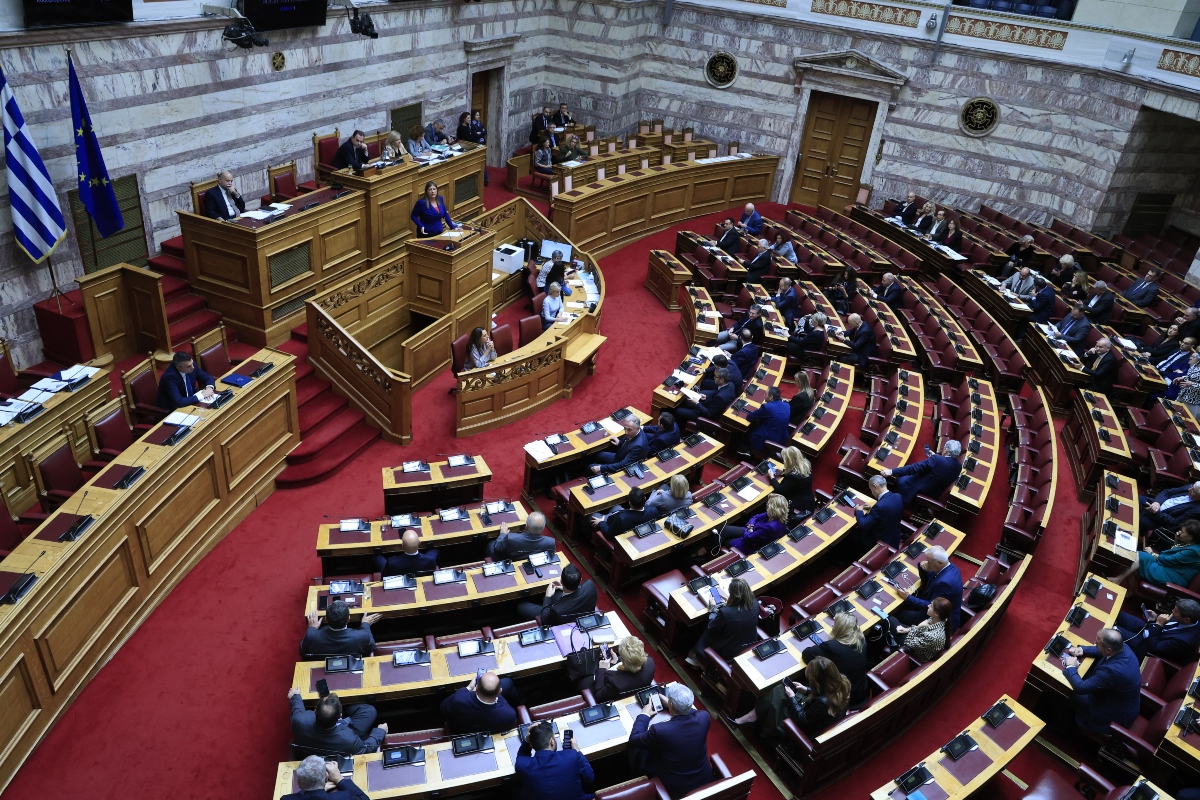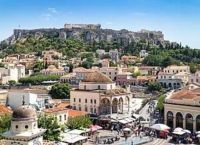Greek Parliament Blocks Lift of Immunity for Zoe Konstantopoulou — A Political Signal Amid Protests Debate

Πηγή Φωτογραφίας: eurokinissi//Greek Parliament Blocks Lift of Immunity for Zoe Konstantopoulou — A Political Signal Amid Protests Debate
The Hellenic Parliament voted overwhelmingly against lifting the parliamentary immunity of Zoe Konstantopoulou, head of the Course of Freedom party and former Speaker of Parliament.
Out of 280 MPs participating in the electronic roll-call vote, 254 voted “no” and 26 “yes” to the prosecutor’s request from Karditsa, who sought to prosecute her for obstructing traffic during farmers’ road block protests earlier this year on the E65 national highway.
A Legal Case with Political Overtones
Konstantopoulou’s case stems from her active participation in farmers’ demonstrations in Thessaly in January and February 2025 — protests demanding government support and fair prices amid rising production costs.
Taking the floor before the vote, the outspoken left-wing politician insisted that she requested her own immunity be lifted, arguing that “I will not hide behind parliamentary privilege when the people I stand with have none.”
She accused the Karditsa prosecutor of being “more papist than the Pope — or more prime-ministerial than the Prime Minister”, describing the case as politically motivated and part of a broader pattern of criminalizing dissent.

“SLAPP-Style” and Symbolic Defiance
Konstantopoulou likened the prosecution to a SLAPP case — a Strategic Lawsuit Against Public Participation, often used to silence criticism on matters of public interest.
“This indictment belongs in the same family as the amendment on the Tomb of the Unknown Soldier,” she said in Parliament.
“Both are expressions of an authoritarian mindset that fears collective action, dissent, and citizens’ right to gather before Parliament.”
Her rhetoric drew parallels between judicial pressure on protesters and the government’s controversial proposal to restrict demonstrations around the Tomb of the Unknown Soldier — a move that has already sparked fierce debate among opposition parties and legal experts.

Democracy, Immunity, and the Politics of Protest
The decision not to lift Konstantopoulou’s immunity was not merely procedural — it carried heavy political symbolism. For some MPs, it reaffirmed the right to political expression; for others, it exposed the double standards of parliamentary privilege.
Analysts noted that Konstantopoulou used the session to reassert her anti-establishment identity, portraying herself as a voice for citizens against institutional power and aligning her personal case with the broader struggle over civil rights and public protest.
A Broader Political Temperature
The vote comes at a tense political moment. The government faces mounting criticism for its restrictive stance on public demonstrations and for what opposition parties describe as an erosion of democratic space.
By framing her case as an attack on free speech and civic activism, Konstantopoulou has effectively turned a judicial issue into a political confrontation — one that touches the core of Greek democratic tradition.
With national and European elections on the horizon, her defiance could rally segments of the electorate that feel alienated from mainstream politics and resentful of state authority.
Once again, the Greek Parliament stood by parliamentary freedom — but Zoe Konstantopoulou made it clear she intends to turn every prosecution into a political battlefield.
Source: pagenews.gr
Διαβάστε όλες τις τελευταίες Ειδήσεις από την Ελλάδα και τον Κόσμο






Το σχόλιο σας